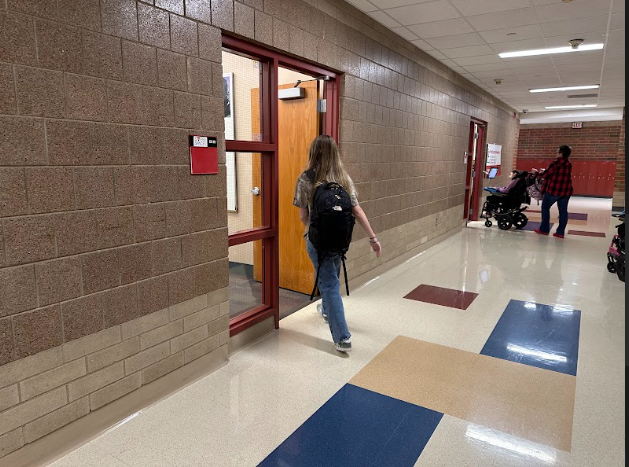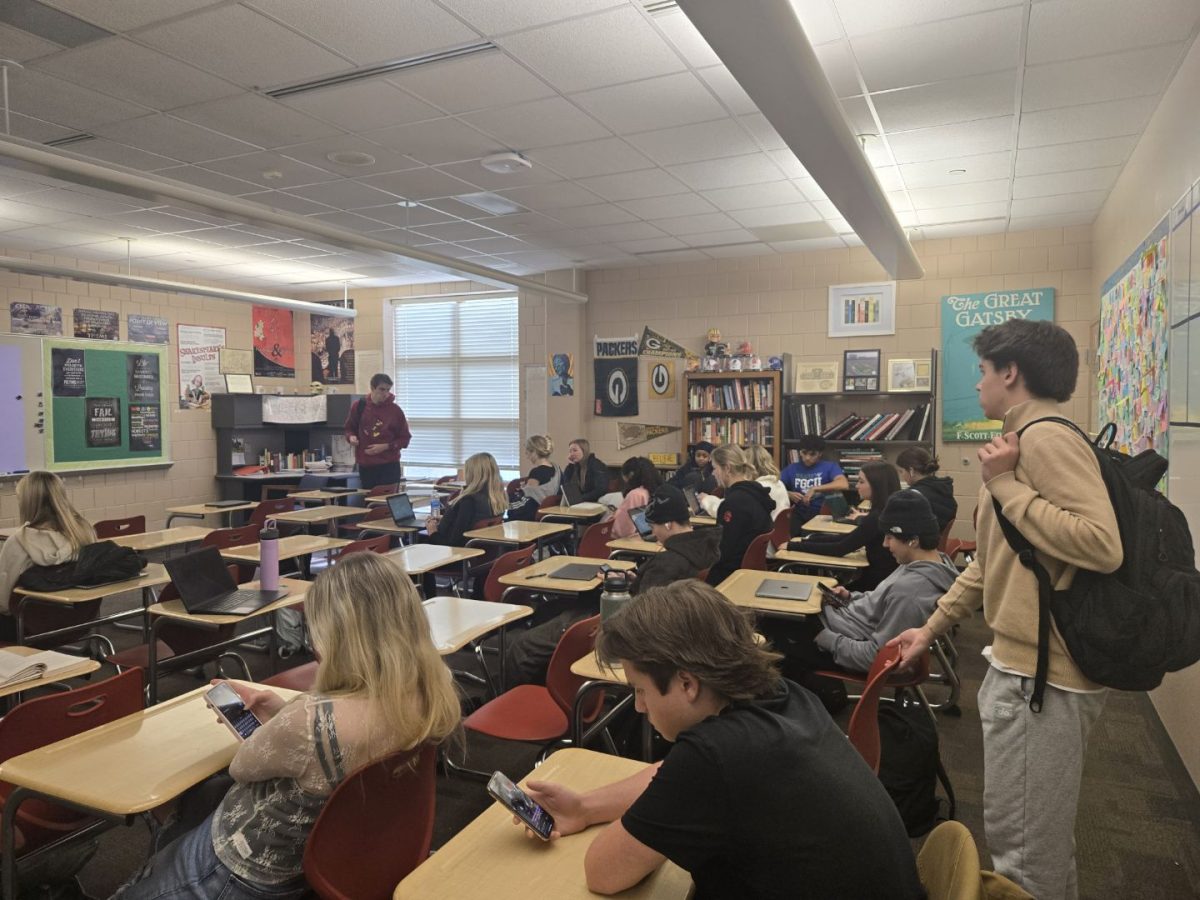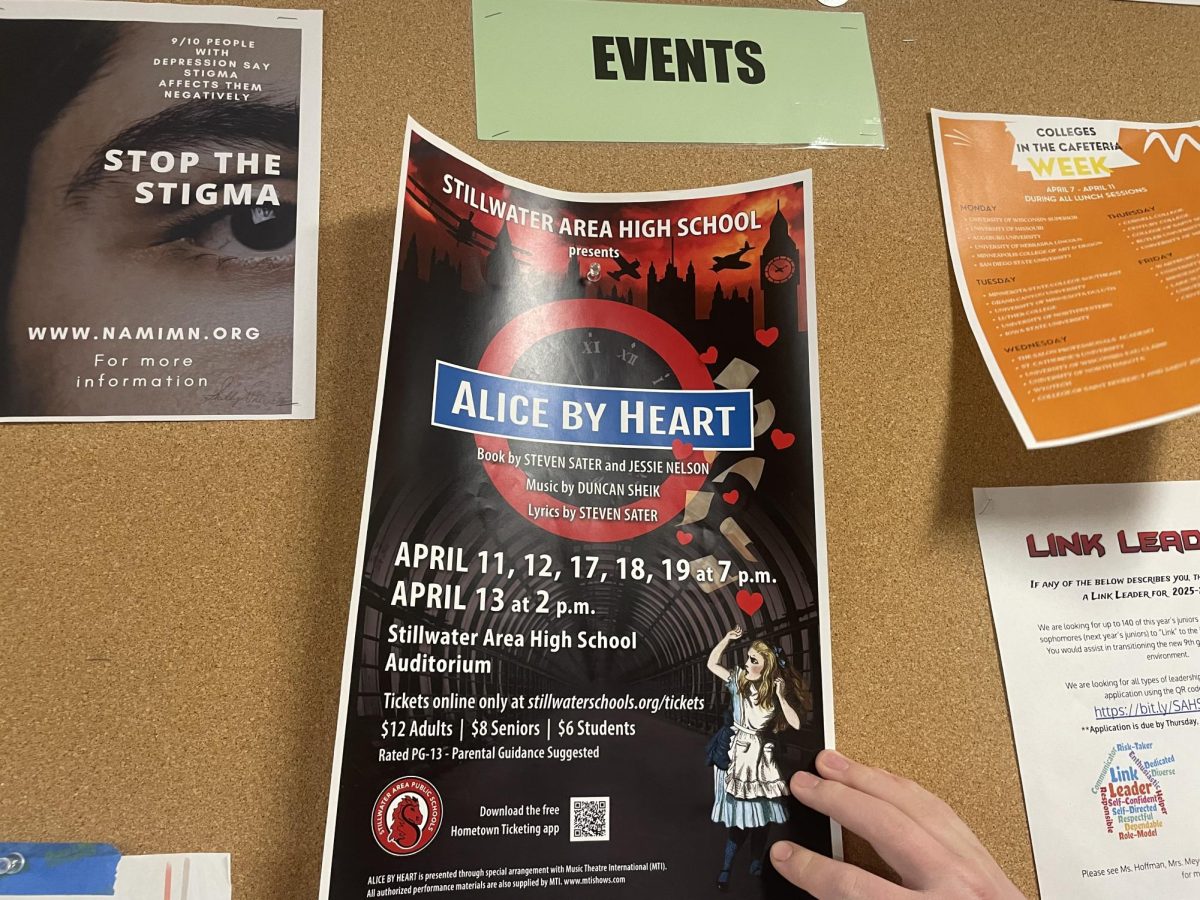Every day a student misses school, they fall further behind academically, socially and emotionally. Chronic absenteeism is when a student misses 10% or more of the school year, and it is a big problem that affects millions of students and leads to long-term struggles.
Missing 10% or more of school makes learning harder, Attendance Works wrote. Eighteen to 20 days of missed school is 10% of the year missed.
“If you’re chronically absent, it can affect your understanding of an entire unit,” senior Margaret Reed said.
When students miss whole units, it can be hard to catch up. But missing just parts of a unit is not as bad. Missing several days in a row can make things stressful for everyone including teachers, parents and the students themselves. It is important to stay caught up because learning new skills is like building on a foundation. Missing out on the basics and then trying to jump back into harder content can feel overwhelming, and it can impact with grades.
There are six main reasons for chronic absenteeism: academics, bullying, mental and physical health, family issues, transportation problems and lack of motivation, according to Talkspace for Business.
“Transportation could be an issue. Motivation could be one, and some students struggle with mental health,” Reed said.
It really depends on the person everyone’s reasons and circumstances for missing school are different. Some people have no problem going to school everyday and being successful. Others might not be able to go to school as easy, this can make it hard to stay caught up with the changes of the classroom. Some students also just have their parent sign them out because they simply do not want to go. The diversity of reasons for students not being able to go to school as often.
From 2018–2019, the percentage of students missing a lot of school went from 15% to 28% by 2021–2022, according to Brookings.
“A lot of students probably miss school because they don’t feel safe or accepted,” junior Hailey Schmit said.
After the COVID-19 lockdowns, absences became even more common. With online learning, students had easier access to assignments, but it made showing up to school less of a priority. Even though it can be easier to do schooling online there are benefits to coming into school. It is easier to get help on topics that are new if there is a teacher that can help explain in person.
Having good relationships with teachers and classmates relies on showing up to class. It can be really hard to make those connections if you’re not in the classroom Brookings wrote.
When talking about teacher and student relationships Reed said “it can both help and hurt them” due to students missing school.
When students miss school, it can hurt relationships with peers and teachers, but sometimes, it can actually help create stronger bonds if both sides work to catch up and understand the reasons for the absences. Both sides can work together or they can not work with each other about the situation and it gets worse for both the teacher and student. It depends on the type of teacher and students in the situation.
If chronic absenteeism is not dealt with, it will only get worse. More students will fall behind and feel like school is not worth it. This will affect everyone in the future because we all depend on each other. But it does not have to be like that. If schools start paying attention to what students are going through and help them out, chronic absenteeism will not snowball into a bigger problem later on.













